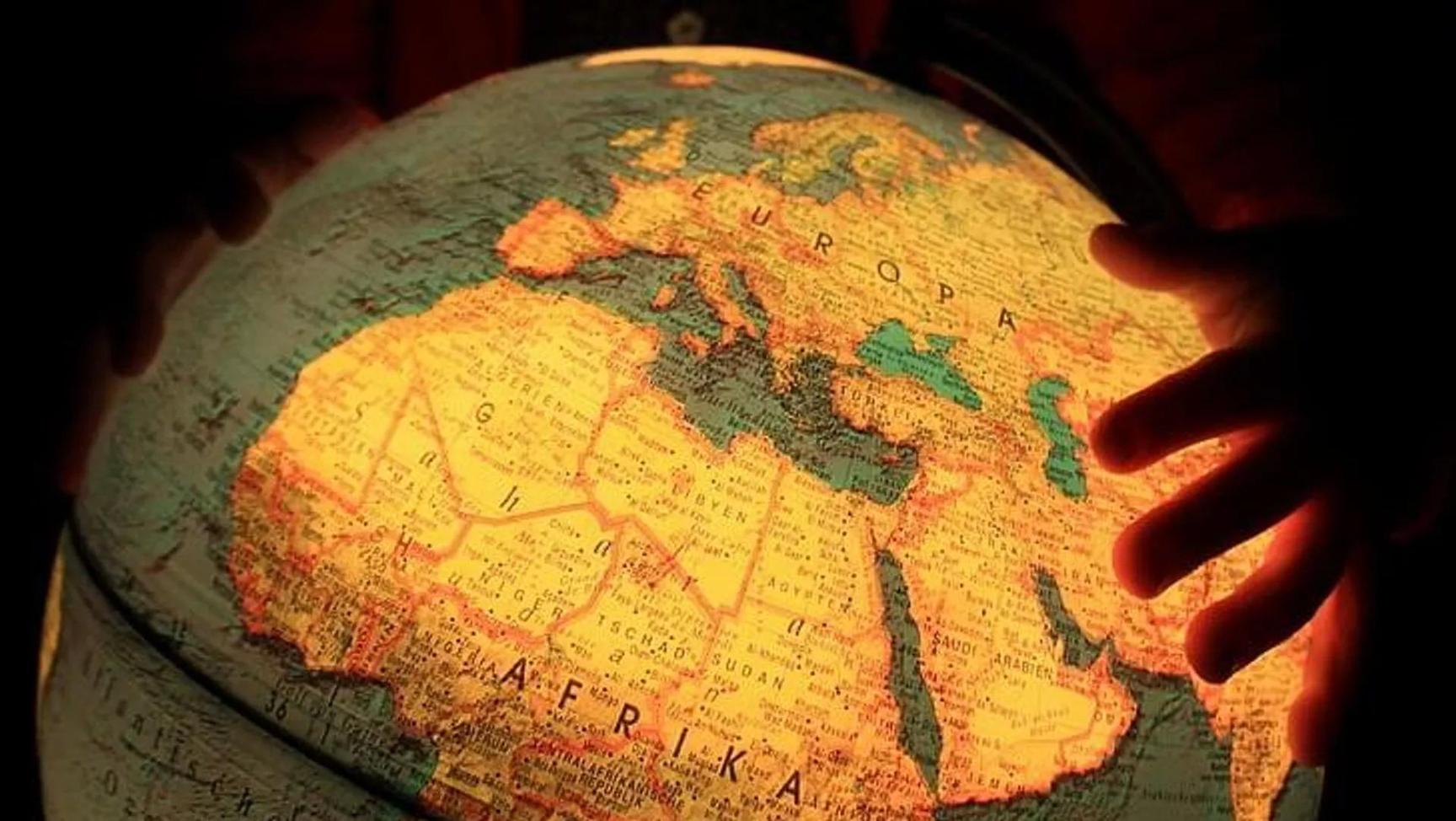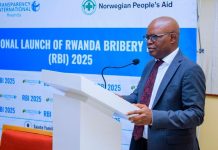Africa-Press – Rwanda. Although formal European rule in Africa ended in 1977 when Djibouti was given independence from France, Western companies have continued to extract the continent’s resources unabated – and when a nationalist leader does get in the way, Western governments happily oblige to remove the obstacle. Thus, a continent rich in resources remains poor.
Parts of Africa have long been controlled by rulers from far away, especially the territories that border the Mediterranean and Red seas, but it was only in the late 19th century that European empires raced to gobble up every last square inch of land on the continent. By 1900, only Ethiopia stood independent, having beaten Italian invaders at their own game.
The land and its people were brutally exploited by their new rulers as mines and cash crop plantations proliferated and African bodies were broken on them to extract their valuable products and export them to Europe and North America. The victorious socialist revolutions in Russia, China and Yugoslavia helped inspire resistance to colonial rule, and after World War II, protest movements and guerrilla wars seeking independence swept across Africa, ending colonial rule less than three decades later.
“The result of neo-colonialism is that foreign capital is used for the exploitation rather than for the development of the less developed parts of the world,” Nkrumah wrote. “Investment, under neo-colonialism, increases, rather than decreases, the gap between the rich and the poor countries of the world.”
Nkrumah’s observations hold true 57 years later, as multinational corporations and Western financial institutions ensure little wealth pulled from the African soil goes to its people, keeping the continent with nearly twice the population of Europe with just 3% of the wealth Europe has. Diamonds Are Forever, Miners Aren’t
A diamond, it is said, is a woman’s best friend. In fact, it is De Beers’ best friend. The diamond mining monopoly was founded by arch-colonialist Cecil Rhodes in 1888 and has maintained a virtual monopoly on mining the precious stones into the 21st century. It dominates mining in South Africa, Botswana and Namibia, where the world’s largest and most productive mines are located. In each, it works with local firms, but takes the lion’s share of the profits.
The mining of other precious gems is no less lucrative and no less dominated by foreign capital. Mozambique exports 40% of the world’s rubies, which are mined at sites owned by UK-based company Gemfields, which holds the sole right to export rubies from the country’s northern Cabo Delgado state. Gemfields reaps $100-120 million per year in profits, while the artisanal miners who hand-sort the dirt where the rubies are found must contend with murderous intrigue, sexual abuse, and exploitation.
Across the border in Tanzania, sapphires, rubies, and emeralds are pulled from the rich Neoproterozoic Mozambique Belt, a geological formation that runs along the coast from Kenya to Madagascar. Mining makes up half the country’s exports, especially gold and diamonds, although the mines are almost exclusively owned by roughly 10 British and Canadian firms. A million artisanal miners extract the gold nuggets by hand
Chad Pumps Oil For Free Although Chad ranks among the world’s poorest nations, it is rich in petroleum, holding 1.5 billion barrels in its reserves – more than Australia. Oil and other mineral fuels accounted for 94% of its exports in 2019, worth nearly $1 billion.
Moreover, Glencore has for years pumped the oil essentially for free. N’Djamena is deeply indebted to Glencore, having refinanced a 2014 loan for $1.45 billion intended to be repaid with oil shipments in 2018 in order to receive another International Monetary Fund bailout. When Chad asked the IMF for debt restructuring in January 2021, the country’s public or publicly guaranteed debt – including the Glencore loan – was estimated at $2.8 billion or 25.6% of its gross domestic product in the 2019 term.
Nigerien Uranium Powers France To the west of Chad, another former French colony, Niger, remains a potent source of raw materials despite winning independence in 1958.
Niger is the world’s fourth-largest producer of uranium, the radioactive rock used for powering nuclear power plants and building atom bombs. The exports come from three massive mines owned by subsidiaries of Areva, a company that until 2016 was majority-owned by the French state.
“In France, one out of every three light bulbs is lit thanks to Nigerien uranium. In Niger, nearly 90% of the population has no access to electricity,” said Ali Idrissa, national coordinator of Nigerien civil society group ROTAB, in 2013. “This situation cannot continue. France must prove that the time for secret agreements, closed negotiations and pressures is over. African countries should be able to count on fair revenues from French companies extracting their resources.”
Congo Cobalt, Copper European exploitation of the Congo River basin was infamous for its cruelty and scope, with an estimated 10 million people being killed in the Belgian-ruled Congo Free State. However, that didn’t end when the colony won independence in 1960. Its left-wing government was immediately overthrown and replaced with a pliant pro-Western servant, and European corporations continued their extractive work unimpeded by the change of governments.
Arizona-based Freeport once owned the nearby Tenke Fungurume mine, although it sold the mine to China Molybdenum in 2015 with Kinshasa’s approval. However, since then, CM and Gecamines, also a minority stakeholder in the mine, have been locked in a dispute over various aspects of its administration, including estimates of the mine’s reserves, plans to expand production, and a court order in February that removed CM from control for six months based on claims it owes the government billions.
Libya: Destroying Independence for Oil Once the most prosperous and developed country in Africa, thanks to the nation-building policies of Muammar Gaddafi, NATO dismantled Libya in 2011 to get at its precious oil exports, and the country has never recovered. Civil war has torn the country apart, with one government based in Tripoli and another in Benghazi, and other countries betting on which side will win.
Officially, the state-owned Libyan National Oil Corporation (NOC) is the only entity that can sell Libyan oil abroad. However, since Libya has no effective state, the NOC is just another political entity in the civil war, and has leaned heavily on foreign firms in recent years to help it increase production. Those include Italy’s ENI, France’s Total and REPSOL, Norway’s Equinor, Germany’s Wintershall Aktiengesellschaft, and Austria’s OMV, as well as American companies like ConocoPhillips.
According to a Reuters report in February 2011, just months before Gaddafi was overthrown, Libya had provided loans to about 40 countries totaling about $2.1 billion. However, many of those debts were often forgiven, such as a $1.2 billion loan given to Sudan. Clinton infamously chortled “We came, we saw, he died,” when she learned of Gaddafi’s execution in October 2011.
For More News And Analysis About Rwanda Follow Africa-Press






